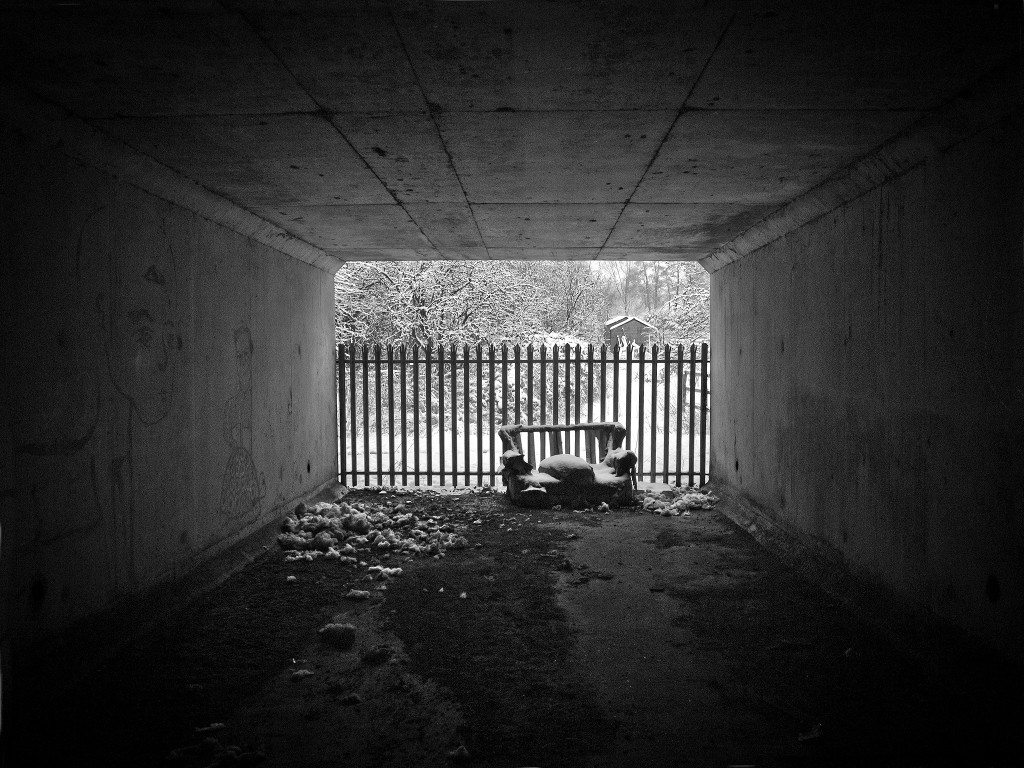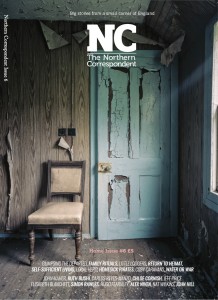How can it be that the number of rough sleepers in parts of our region has increased fourfold in the last six months? It may be time to consider homelessness as a “civil emergency”, say Adele Irving and Oliver Moss
Since becoming involved in homelessness research five years ago, we’ve been amazed by the depth and determination of the region’s response to the causes and problem of homelessness. Huge amounts of energy and resource have been invested in developing a multiplicity of (often innovative) crisis and prevention services, with thousands of individuals avoiding, or moving on from homelessness each year as a result.
And yet… homelessness is increasing. Recently released rough sleeper estimates for England show a 55% increase since 2010; an increase only partially offset by changes to recording practices. Statutory homelessness, too, is 36% higher than in 2009/10. While an accurate and up-to-date breakdown of these figures by region is unavailable, we are confident (based on recent anecdotal reports and local authority briefing papers, for example) that they reflect the situation in the north east too.

Photograph by Nick Page via Creative Commons licence
One north east-based local authority, for example, recently reported a four-fold increase in rough sleeper numbers (from four to 17) over the past six months. In a still relatively affluent society like the UK, how can this be the case?
Perhaps the most critical contributing factor nationally is the increasing rate of expulsion from private tenancies, with concerns that this may worsen as the cost of social housing increases and security of tenure is reduced. Concerns also surround the continuing existence of gaps in public services – with, too often, those leaving care and other specialist services failing to receive the support necessary to transition effectively into independent living; and the high prevalence of individuals who, for complex reasons, are unable to engage effectively with services and so become habituated to life on the streets and in hostels.
As we approach the 50th anniversary of Cathy Come Home – the BBC’s influential play about homelessness – it’s time to reflect on progress made and consider how best to move forward. Lobbying government to support us to do more of the same, only better and for less, is arguably not enough. Nor should we necessarily concern ourselves with winning hearts and minds. Many homelessness charities continue to report increases in donations and gifts, while regionally we are witnessing the greater engagement of faith-based groups with visible street homelessness. Newcastle’s largest group alone has more than 15,000 social media followers.
The Department of Communities and Local Government’s select committee enquiry into homelessness – the first of its kind in our lifetime – is a significant and welcome development and an exercise to which local authorities, charities, voluntary groups and members of the public are busy contributing evidence. How, though, in a field notorious for its complexity and politicisation, can contributors possibly limit their input to that which is reasoned, rational and objective? The fascination with so-called “objective” evidence is not only misplaced, but threatens to marginalise more emotional and affective responses.
Disregarding these responses not only risks leaving difficult issues unspoken. It also leads to a less informed approach to policy-making. There is much to be gained from a more thoughtful and creative approach to intelligence-gathering. Two recent Newcastle-based projects – Imaging Homelessness in a City of Care and Sounding Off – represent our initial efforts to explore the merits of this line of enquiry.
We also believe there is much to be gained from a “reality check” of sorts. As members of the North East Homelessness Think Tank, we’ve been considering the implications of reconceptualising homelessness as a “disaster”, with disaster defined as an event that exceeds the capacity of the local area to deal with appropriately and, therefore, requires the assistance of external partners. Other countries – such as Canada – have already seen some of their cities declare a state of emergency as a result of homelessness.
We believe that conceptualising and responding to homelessness as a “civil emergency” could generate radically different responses to issues of personal resilience, the housing market, employment and welfare. Seen in this way, it’s unlikely, for example, that we would be privatising social housing, leaving the single homeless to languish in poor quality houses of multiple occupation (HMOs), demonising the unemployed and sanctioning the benefits of the most vulnerable. We’re keen to assess this more systematically in the coming months.
In isolation, none of these thoughts are the answer. But our hope is that they prompt further discussion of this complex and important issue.
Adele Irving and Oliver Moss are research fellows at Northumbria University.
Tell us your views in the comments section below – by clicking on the little speech bubble.
(Views expressed on our website and in our magazines and emails are not necessarily endorsed by The Northern Correspondent.)
Subscribe to our weekly email:
Buy our latest magazine:

